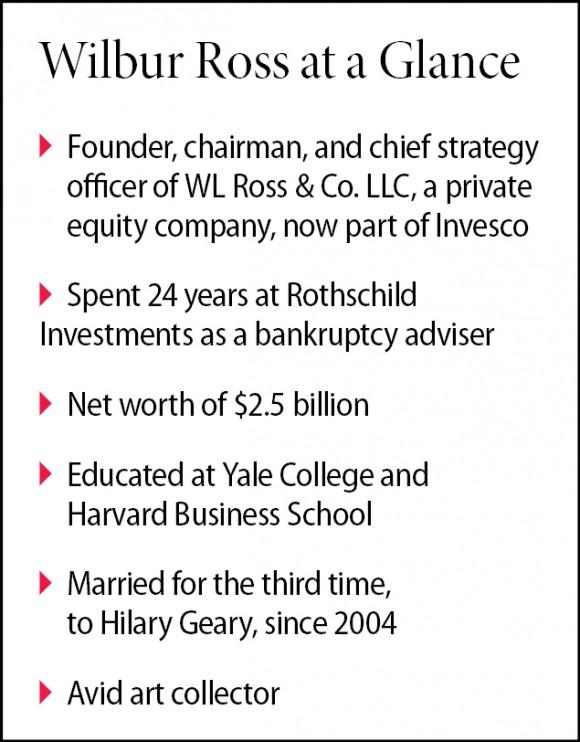The names of Commerce Department secretaries usually aren’t very well-remembered. In fact, one would have to go back to Herbert C. Hoover, who had the job from 1921 to 1928, to find a name nobody can forget. Not only because he later became president himself, but also because he let the Roaring ‘20s happen.
Wilbur Ross, the billionaire private equity investor and Donald Trump’s pick for secretary of commerce, is too old to become president in 2024—he would be 86 at the time of the election—but he could leave a roaring legacy like Hoover.
Ross is a pragmatist, not an ideologue, who understands and values the problems of the working class more than other capitalists.
“That man who has stood behind a machine for 15 or 20 years, he knows better than the people who built it, how to get more productivity out of it. So you need to create an environment where he feels someone will pay attention if he makes a suggestion, and if it turns out to be a good suggestion, that he'll be rewarded for it,” Ross told The Epoch Times in an earlier interview.
Doing billions’ worth of deals in declining industries like textiles (Burlington, Cone Mills) and steel (Bethlehem, LTV) and working closely with labor unions, Ross knows the machinery of the Rust Belt better than any politician, one of the reasons why President-elect Trump picked him.
Deal Success
In one of his most famous deals, he combined Acme Steel, LTV Steel, and Bethlehem Steel in the early 2000s, saving all of them from bankruptcy and later selling the combined entity to Indian steel giant Mittal in 2005 for $4.5 billion.
In 2004, he combined the textile companies Burlington Industries and Cone Mills to form the International Textile Group (ITG), which his firm still owns. Positive labor relations were key to achieving positive results.
“Too often management and labor view each other as adversaries. We truly view labor as our partner because they only have one company they’re working with and we only have one group of workers. So we think it’s very important that we have a good, functional relationship,” he said.
After the ITG deal, one of the union leaders involved told New York Magazine in 2011: “I really think the future of domestic manufacturing is people like Wilbur Ross.”






